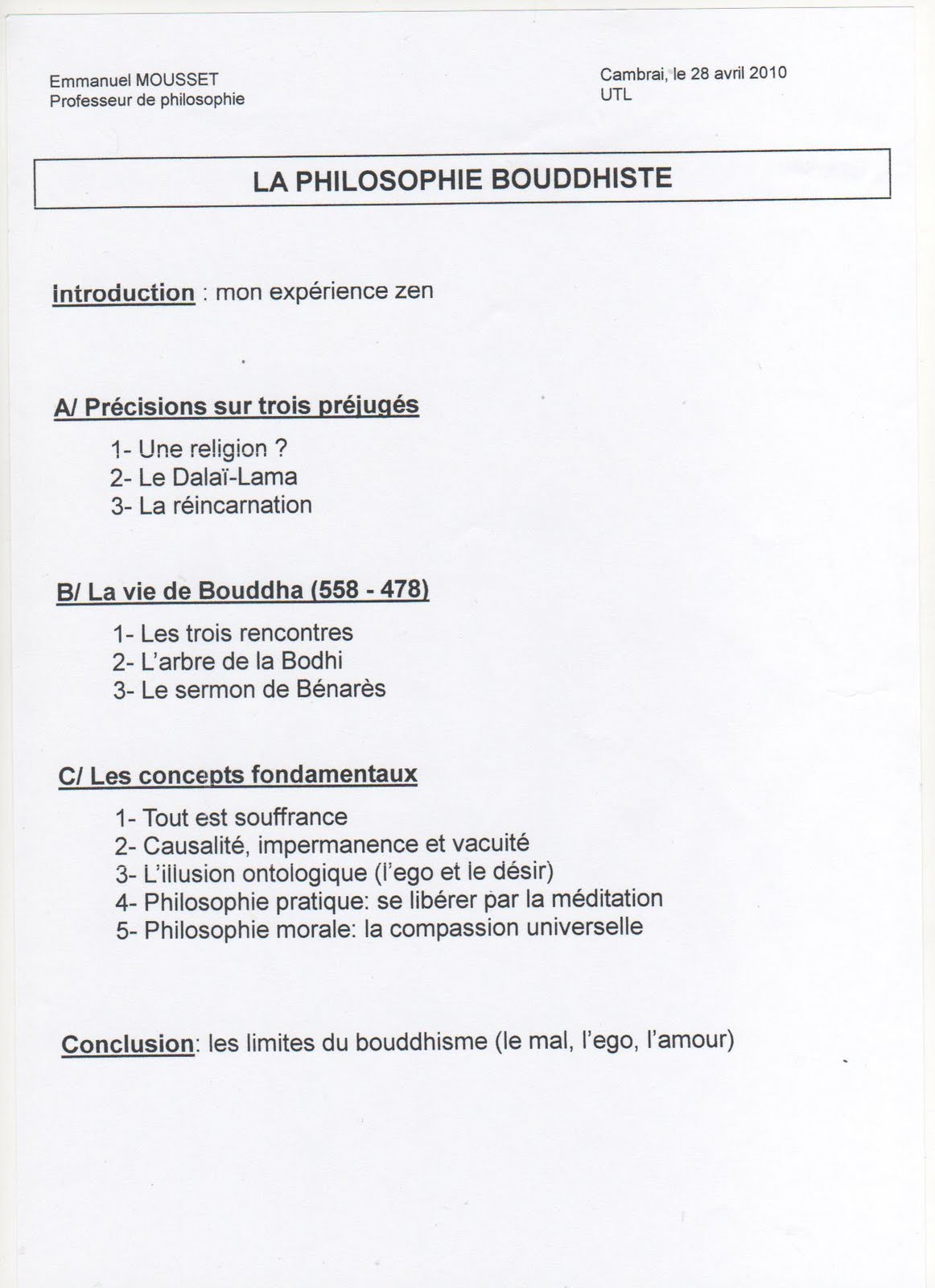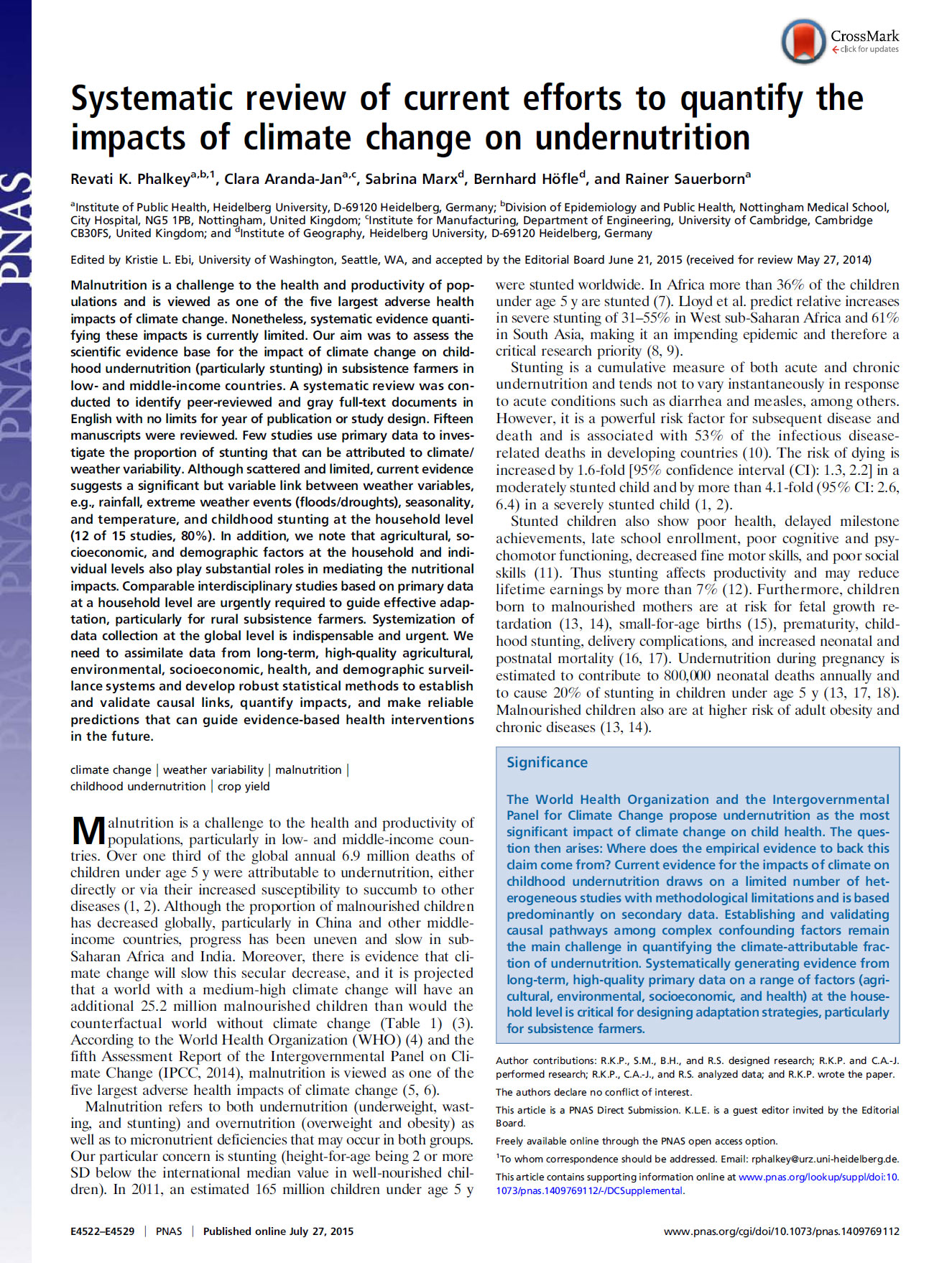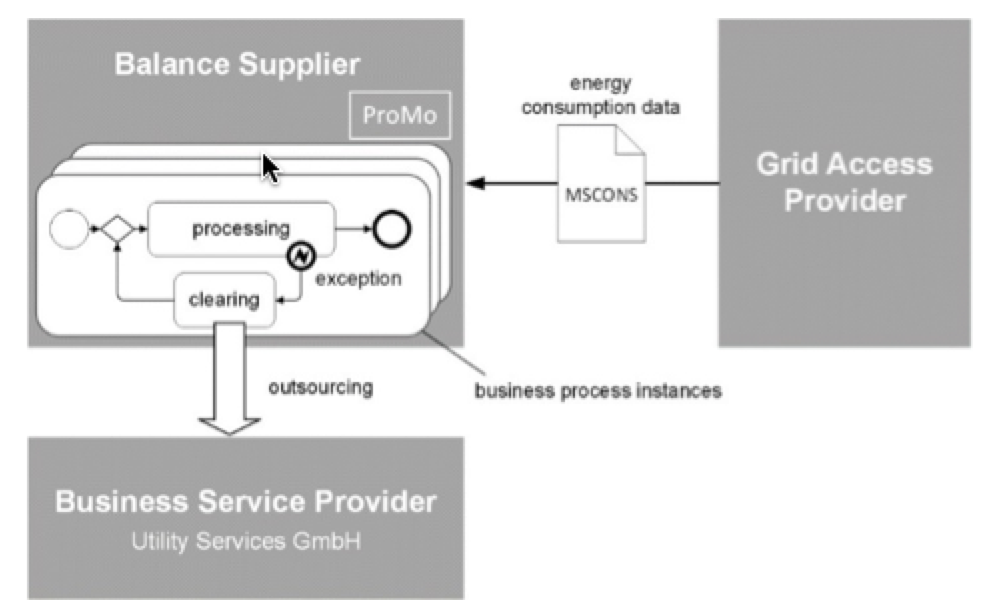Operational Semantics of Pure Functional Languages.
Most existing programming languages use strict evaluation for functions. Applicative order. Applicative order evaluation is an evaluation strategy in which an expression is evaluated by repeatedly evaluating its leftmost innermost reducible expression. This means that a function's arguments are evaluated before the function is applied.
Applicative order (or leftmost innermost) evaluation refers to an evaluation strategy in which the arguments of a function are evaluated from left to right in a post-order traversal of reducible expressions. Unlike call-by-value, applicative order evaluation reduces terms within a function body as much as possible before the function is applied.
Evaluation strategy determines when to evaluate arguments of a compound procedure. Two strategies: Applicative-order and Normal-order; Applicative-Order evaluation (Scheme's approach): a.k.a. Strict evaluation, Eager evaluation; Evaluates expressions before passed as an argument; Steps: Evaluate the subexpressions (operator and operands).
Normal Order vs. Applicative Order refers to order of evaluation of arguments Applicative Order: Scheme Normal Order: lazy evaluation strict vs. non-strict refers to procedures and arguments strict: evaluate arguments before entering body of procedure (scheme procedures) non-strict: evaluate arguments later More Lazy Terminology.
Normal-order reduction represents evaluation by need. Applicative-order reduction evaluates all constituent expressions, some of which are unnecessary or perhaps even harmful. As such, there is often a need to control the evaluation process withspecial formsthat use a non-standard evaluation strategy.
Title: Streams and Lazy Evaluation in Lisp and Scheme 1 Streams and Lazy Evaluationin Lisp and Scheme 2 Overview. Examples of using closures; Delay and force; Macros; Different models of expression evaluation; Lazy vs. eager evaluation; Normal vs. applicative order evaluation; Computing with streams in Scheme; 3 Streams Motivation.
Other posts on the site.
Modeling state with assignment in scheme (SICP sec. 3.1.1) Modeling a bank account - function to create an account (withdraw, deposit) with an initial deposit. Returns functions to withdraw and deposit using a local variable to keep track of the balance. Substitution model for function evaluation (SICP sec. 1.1.5).
Thus one could say that call-by-name evaluation is a special case of normal order evaluation. In other words, normal order evaluation refers to the general approach of evaluating a function before its arguments, while call-by-name evaluation refers to a specific technique for implementing normal order evaluation. As an example, given f(x, y.
Applicative order (or rightmost innermost) evaluation refers to an evaluation strategy in which the arguments of a function are evaluated from left to right in a post-order traversal of reducible expressions. Unlike call-by-value, applicative order evaluation reduces terms within a function body as much as possible before the function is applied.
Most existing programming languages use strict evaluation for functions. Applicative order. Applicative order (or leftmost innermost) evaluation refers to an evaluation strategy in which the arguments of a function are evaluated from left to right in a post-order traversal of reducible expressions. Applicative order is a call-by-value evaluation.
The 'evaluation' may be included as part of the conclusion (also as in the example below), or omitted altogether, especially for short essays. For these reasons, problem-solution essays are more common than situation-problem-solution-evaluation essays (or SPSE essays). Structure. There are two main ways to structure a problem-solution essay.
There is a difference between the two approaches for applicative-order evaluation or normal-order evaluation. Let us look at another example where we are composing functions. and the solution would look like. Once you are done with the above, there is a bonus question as well. To see the solution, visit our github repository. If you feel.
Program Evaluation. Program evaluations can assess the performance of a program at all stages of a program's development. The type of program evaluation conducted aligns with the program's maturity (e.g., developmental, implementation, or completion) and is driven by the purpose for conducting the evaluation and the questions that it seeks to.
Demonstrating Lambda Calculus Reduction. call-by-value, call-by-name, normal order, and applicative order, using big-step operational semantics. We show how to simply and e ciently trace such reductions, and use this in a web-based lambda calculus re-. evaluation any further in this paper, and shall consider only the syntax in (3).


















